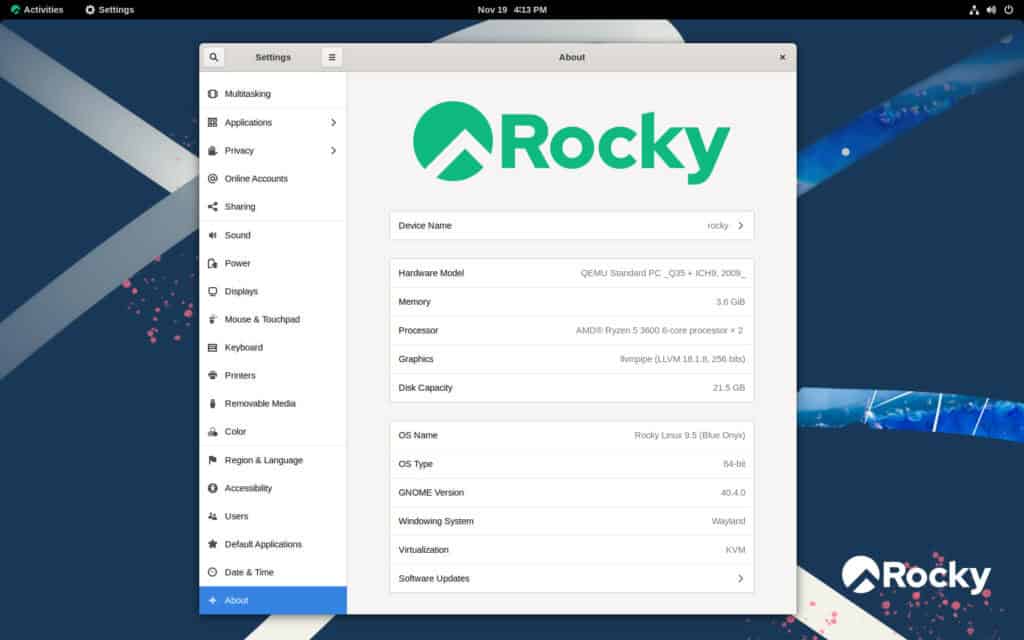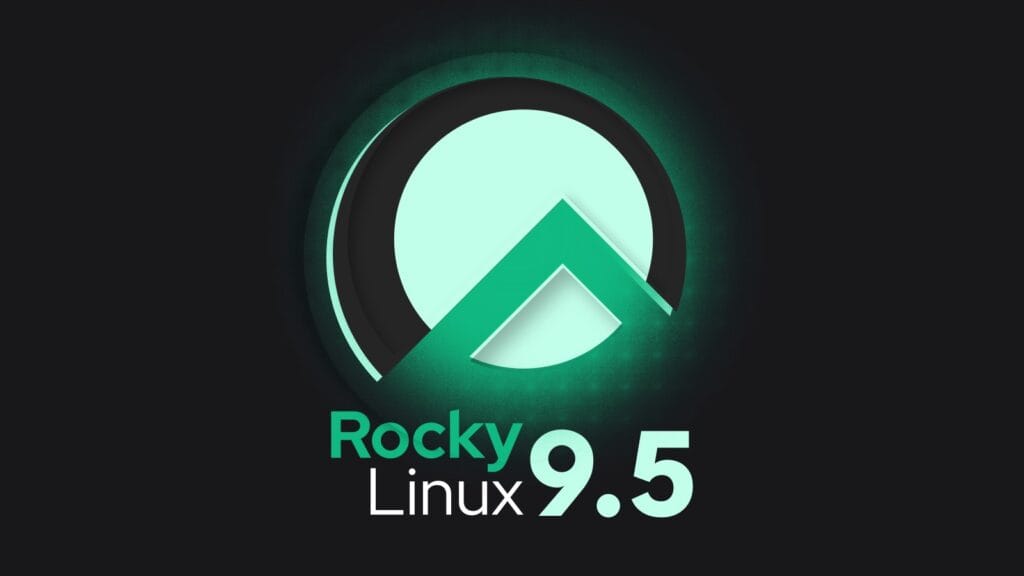After RHEL 9.5 appeared less than a week ago, followed yesterday by the AlmaLinux 9.5 release, today, the Rocky team also announced the general availability of Rocky Linux 9.5.
It includes updated installation media, containers, cloud, and live images—all available on the project’s downloads webpage. Here is the new stuff.
Podman 5.0: This version of Rocky Linux ships with Podman 5.0, now boasts faster boot times for Podman machines, enhanced compatibility for volumes in “Podman kube play,” and a brand-new “Podman Farm” feature that supports multi-platform image building.
Along with these, improvements to the Quadlet system and a new, more efficient default networking stack are game changers for container enthusiasts.
Cockpit Gets File Management: The popular Cockpit web console, which simplifies remote server management, now includes file management capabilities via the new Cockpit Files plugin. If you need an easy way to manage files remotely, all you need to do is install the cockpit-files package to get started.
Web Servers and Programming Tools: Rocky 9.5 introduces updated tools for developers and administrators alike, including Apache HTTP Server 2.4.62 and Node.js 22 for dynamic web development.
Updated System Toolchain: Developers will be pleased to find GCC 11.5 and Annobin 12.70 included in this release, along with an updated suite of performance tools and debuggers, such as GDB 14.2, Valgrind 3.23.0, and SystemTap 5.1.
Advanced Performance Monitoring: For those needing robust monitoring, Rocky Linux 9.5 includes Performance Co-pilot 6.2.2 and Grafana 10.2.6, offering advanced visualization and performance monitoring to keep systems running smoothly.
Cutting-Edge Compiler Toolsets: Whether you prefer GCC, LLVM, Rust, or Go, Rocky 9.5 has you covered with the latest compiler toolsets, such as GCC Toolset 14, LLVM Toolset 18.1.8, Rust Toolset 1.79.0, and Go Toolset 1.22.

It’s also worth noting that Rocky’s SIG/Cloud team has made notable changes—cloud images are now built with OpenSUSE’s KIWI appliance builder and Empanadas, the toolkit used by Rocky Linux Release Engineering.
Upgrading to Rocky Linux 9.5 is straightforward. If you’re already using Rocky Linux 9.x, you can simply run the command sudo dnf -y upgrade in the command line interface, or upgrade through GNOME Software or KDE Discover if you prefer a graphical approach.
For users of other Enterprise Linux 9-based distributions, the migrate2rocky utility offers a simple way to convert to Rocky Linux 9.5. The announcement provides more information about all changes in the new release.
